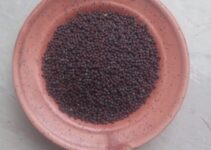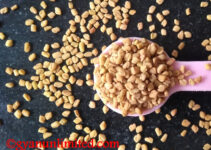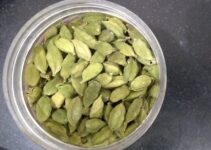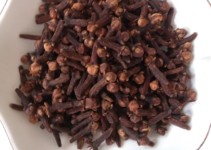What are cumin seeds?
Cumin seeds(Cuminun cyminum) are known as an integral ingredient of cuisines and have been used as traditional medicine for a long. Still, research needs to be done for its therapeutic benefits. Many modern studies have been conducted wherein it has been shown that nutty spice is known for digestion, prevention of diabetes, improving good blood cholesterol, shedding extra fats, etc. It is also known for having an adequate amount of iron and antioxidants.
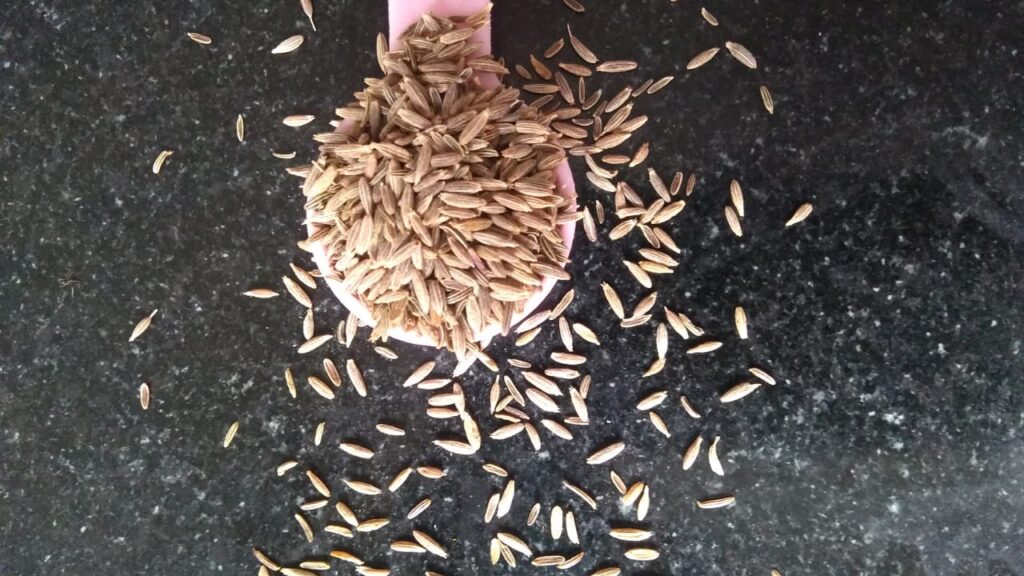
10 powerful health benefits of cumin
Cumin seeds or Jeera have many traditional and alternative health benefits, which have been practised for a long time. Here, we will discuss some evidence-based and scientific uses of this flavour spice.
- Cumin for fat reduction: In many clinical studies, it has been shown taking cumin seeds with curd is helpful in weight loss, waist size, and body fat. It has also been found in the study that those who were using cumin experienced a decreased level of insulin.
- Prevents food poisoning: The eating of cumin reduces the risk of food-related bacterial infections. It also contains a compound, which is called megalomania, which is associated with antibiotic properties.
- Anti-inflammatory: In a few research studies, it has been shown that taking cumin seeds helps to fight inflammation.
- Reduces drug dependence: Drug dependence is becoming an alarming situation across the world. The use of cumin helps to reduce addictive symptoms.
- Good for healthy cholesterol: Scientific-based research has confirmed that taking cumin extract helps to reduce bad LDL cholesterol. It is also observed that those who used cumin extract also experienced higher levels of high-density lipoprotein or good cholesterol.
- Good source of Iron: One teaspoon of cumin contains about 1.4 mg of iron. Thus, it is suitable for children and women, as in the case of ladies, RBC has to be replaced because of menstruation.
- Aids in digestion: Cumin extract enhances the activity of digestive enzymes, which are for smooth digestion and prevent constipation; it also ensures the release of bile juice, which is good for digestion, too.
- Diabetes prevention: In a study in 2017, it was confirmed that taking cumin extract significantly reduces sugar levels in the blood and shows improvements in insulin resistance.
- Irritable Bowel Syndrome: If cumin extract or oil is used regularly for one month, it has been confirmed that it considerably reduces stomach pain and bloating and prevents constipation.
- Memory loss: A study has been conducted in mice wherein it has been found using cumin extract helps gain memory.
Cumin medicinal uses
It is generally used as a whole or ground form. The dried seeds are roasted and ground into powder, which is used in varied cuisines and dishes. There are three varieties of cumin viz. Ground cumin, Black cumin, and Bitter cumin. As far as medicinal aspects are concerned, the black cumin is relevant. These black seeds are used as traditional medicines in case of respiratory diseases, headaches & migraines, back pain, infections, high blood pressure, and digestive disorders. Besides, cumin seed is an essential spice in making various cuisines because of its distinctive flavour and aroma.
Cumin side effects
Though using cumin seed is considered safe, taking in excess quantity may have some side effects.
- It may increase the risk of bleeding.
- Breathing complications
- dermatitis
- pregnant and breastfeeding mothers should not use it in excess.
- Precautions should also be taken if somebody has abdominal ulcers.
- It might lower the sugar levels; therefore, diabetic patients should be careful while taking this spice.
- Since the spice helps to lower the sugar levels, precautionary measures should be taken before and after surgery.
Cumin recipes
Cumin recipes are well-known in Asian, South East Asia, and African cultures. These seeds are essential ingredients in various cuisines. One of the crucial worldwide uses of it is jeera rice, a combination of rice and jeera. It is used in meat & vegetables, soups and sauces. Some essential recipes are Cumin cauliflower soup, Lamb sausage sandwich with cumin-mint yoghurt sauce, Grilled cumin-lime chicken, Cumin potatoes, etc.
Cumin seeds nutritional facts
These seeds have phytochemicals, antioxidants, carminatives, dietary fibre, and anti-flatulence properties. The sources also have cumin aldehyde, pyrazines, 2-methoxy-3-sec-butylpyrazine, 2-ethoxy-3-isopropylpyrazine, and 2-methoxy-3-methylpyrazine. It has an adequate amount of iron, copper, calcium, potassium, manganese, selenium, zinc, and magnesium. It also contains reasonable amounts of B-complex vitamins such as thiamin, vitamin B-6, niacin, riboflavin, vitamin E, vitamin A, and vitamin C, besides flavonoid phenolic antioxidants such as carotenes, zeaxanthin, and lutein.


